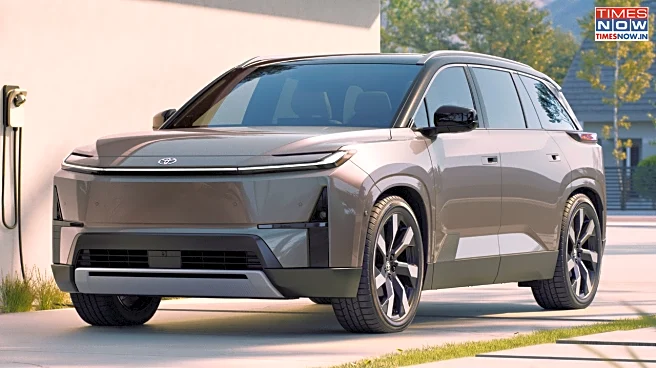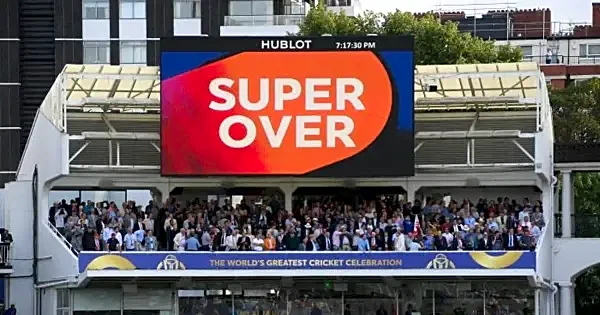The world’s oldest serving president, Paul Biya, 92, is set to win another seven-year term, which would keep him in office until he turns 99. The single round of election taking place on Sunday is likely to hand him another seven-year term.
According to political observers, Biya’s victory is all but assured, thanks to his firm control over state institutions and a divided opposition unable to mount a unified challenge. This year, he is up against 11 candidates, including Issa Tchiroma Bakary, 79, a former government spokesperson who is seen as his main challenger.
Despite widespread frustration over his decades-long rule, Biya remains a dominant figure in Cameroonian politics, relying on state machinery and a divided opposition to maintain his hold
on power.
About Paul Biya
Biya, who first became president in 1982, has ruled for more than 43 years. In 2008, he removed presidential term limits, allowing himself to continue contesting elections. Over the years, he has consistently won by large margins, though critics accuse his government of electoral manipulation and silencing opponents — allegations the administration firmly denies.
Opposition Struggles To Unite
The opposition remains deeply fragmented. Maurice Kamto, Biya’s main challenger in the 2018 election, has been barred from running this time, weakening the opposition camp. Other candidates have failed to rally around a single contender, leaving Biya with a clear advantage.
Analysts say this disunity makes a change in leadership highly unlikely. Cameroon does not hold run-offs, so the top vote-getter on Sunday will automatically win, with results expected within 15 days.
Rare Public Appearance
Biya’s health has long been the subject of speculation, especially as he rarely appears in public. Last year, the government went as far as to ban public discussion about his condition.
This year, he has attended only one campaign rally, held on Tuesday in the northern city of Maroua. Addressing supporters, Biya expressed gratitude for their loyalty “despite the false omens, the slander, the fabrications.”
He also acknowledged growing frustration over poor roads, power shortages, and other public service failures, saying, “I am well aware of the problems that are of concern to you… I can assure you that these problems are not impossible to overcome.”


/images/ppid_a911dc6a-image-177080093159334115.webp)
/images/ppid_a911dc6a-image-177080056067494154.webp)
/images/ppid_a911dc6a-image-177080052363846330.webp)
/images/ppid_a911dc6a-image-177080382939031904.webp)

/images/ppid_a911dc6a-image-177080283060312298.webp)
/images/ppid_59c68470-image-177080260455435611.webp)

/images/ppid_59c68470-image-177080263329252397.webp)
/images/ppid_59c68470-image-177080252755837030.webp)
/images/ppid_59c68470-image-177080256500921890.webp)





